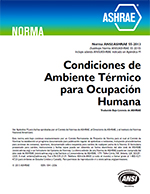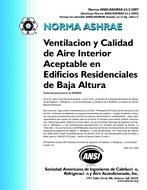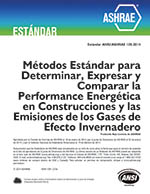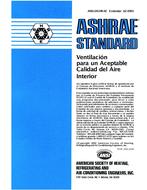Description
Economic Analysis of Ground Source Heat Pumps in North Carolina is a comparison of ground source heat pumps (GSHPs) to conventional natural gas furnaces and air conditioners (NGF A/Cs) and air source heat pumps (ASHPs). A detailed survey of 453 geothermal system owners was used to determine the heating and cooling capacity and area of conditioned space, installed cost, and itemized cost to GSHPs. Heating and cooling system energy use intensity and energy cost intensity were calculated for residential and light commercial buildings. The study reveals that compared with the original baseline of a NGF A/C from 1983, GSHPs save about 48.3% (compared with ASHPs) and 16.7% (compared with NGF A/Cs) more in terms of energy cost intensity for residential dwellings, and 37.0% (compared with ASHPs) and 46.6% (compared with NGF A/Cs) for commercial buildings. Cash flow analyses were performed for the aforementioned technologies. The paper examines various financing scenarios. The cash flow analysis that includes rebates and federal and state tax credits shows that geothermal heat pumps have a longer simple payback period; however, its cost of saved energy is the lowest–$0.052/kWh for residential systems and $0.039/kWh for commercial units. In 2012, the simple payback period for GSHPs with tax credits and rebates was 19 years, while ASHPs and NGF A/Cs have paybacks of almost 13 years and 15 for residential systems. The corresponding simple payback periods for commercial systems with depreciation were 8 for GSHPs, 4 for ASHPs and 5 years for NGF A/Cs respectively. The technology parity scenario with no incentives for GSHPs indicates GSHPs have the cost of saved energy of $0.065/kWh and $0.063/kWh for residential and commercial buildings, respectively. The “future” scenario assumes an expiration of rebates and the state tax credit and a reduction in the federal investment tax credit from 30% to 10% effective in 2017. This analysis shows that GSHPs have the lowest cost of saved energy for the residential and commercial buildings.
Citation: ASHRAE Papers CD: 2014 ASHRAE Annual Conference, Seattle, WA
Product Details
- Published:
- 2014
- Number of Pages:
- 7
- File Size:
- 1 file , 1.3 MB
- Product Code(s):
- D-SE-14-C004




